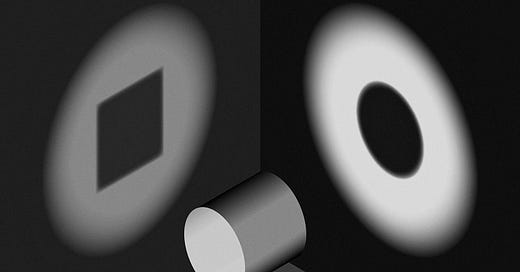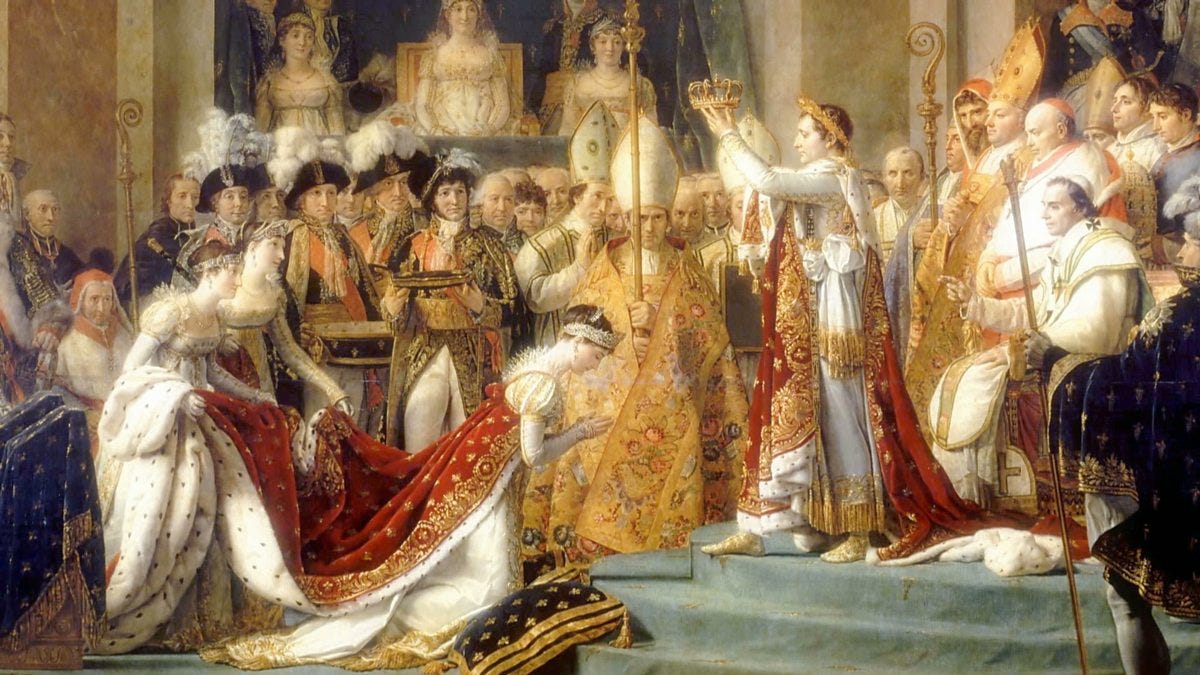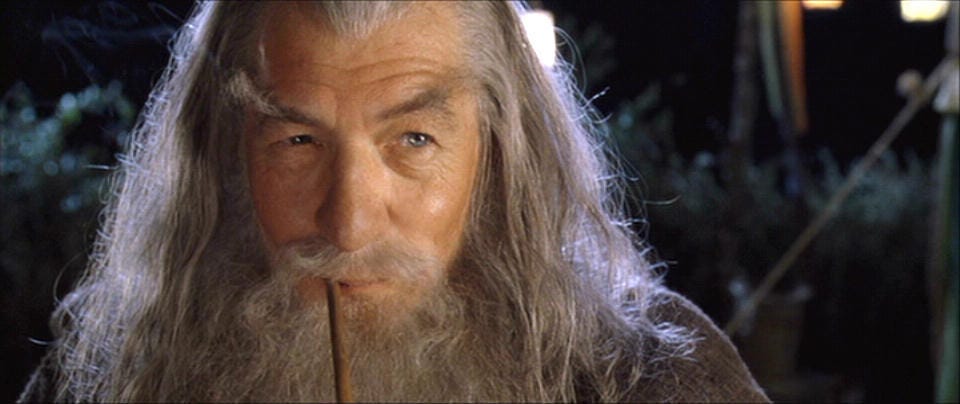I don’t know how it happens to you.
But to me, when I write well, when I fall into the zone, when I connect to it, it just flows on the keyboard. Images flashes behind my eyes, words come to my fingers, my characters whisper to my ear, and I just report back.
And it continues, sometimes drinking coffee looking outside the window, stories come to mind and they feel like memories. They happen, unravel, and I don’t fully seem to own the way they unfold. I may set the direction but it bends, and turns, and twists, like a snake that I try to charm, but no. I can’t help, and I just let it go, flow through me.
And so a question emerge. This power that flows, these people that come over my shoulder guiding themselves into existence through my flesh, ink blots on paper, pixel on screen, are they real?
Are the characters of our novels real? Do they exist?
What is real?
In a post-modern world is easy to fold on the notion of the illusory nature of the reality.
All happens in your mind, there is no absolute truth, no final reality, no great story to explain how did we come here. No good, no bad. It’s all by chance and, in any case, a meaningless occurence in the vast expanse of the universe that unfolds unaware of your existence
It’s a bit tiring to hear this argument over and over again, unfortunately it imbues our culture, but I will take a leap of faith and assume that reality exist and it matters.1
To start we should lay down what is the definition of real and distill from it a few requirements that we can test on various case studies. Of course, a definition of real will depend on the metaphisical ground on which one decide to stand, so any definition will be subject to attack, and will sow disagreements between holders of different perspectives, but we need to start somewhere.
So hear me out: Something is real if it has an measurable effect on the world, its existence is independent of perception of another being, and its properties remain consistent and evolve along understandable patterns in time and space.
Fundamentally what I am saying is that for something to be real it needs to have 3 fundamental properties:
Causality: it needs to make a difference in the world, something else needs to happen through or because of it
Ability to interact at scale: it needs to be able to be perceived by multiple beings
Stability and Consistency: it needs to be The Thing we talk about, cannot randomly mutate into something else without a good reason
Let’s put the definition to test.
Are people real? Of course yes.
✅ People do things in the world. They have an impact. They make a difference.
✅ People interact at scale. Love, hate, war, trade, swindle, it all happens out there.
✅ People conserve a basic foundational consistency in body and mind, they don’t turn randomly in a rainbow cloud, rather they follow a, sometimes chaotic, development path.
Ok that was easy, but are numbers real? This is the first fork in the road. Are you a Platonic or a Nominalist thinker? I will show my cards, I stick with good old Plato.
Numbers are real
✅ Numbers play a huge role in how the world is changed. The world is changed with and through them, from your monthly budget, to engineers calculating rocket trajectories.
✅ Numbers interact at scale. Regardless of nationality, language, religion, sex, when observers see 2 cats on the sofa, they are able to agree that yes, there are 2 cats on the sofa.
✅ Numbers conserve a foundational consistency. 2+2 always makes 4, no matter how much somebody tries to gaslight you.
Fine. Next then.
Is Napoleon Bonaparte real?
That seems repetitive, of course he was, see 1.
Yes, yes. I understand he WAS real. But is he real NOW?
What are you talking about, man?
The boundary of human existence
A way in which may be helpful to conceptualize human existence, is to think of it as a general computing system, collapsing all of our brains, into one, broadly homogeneus system, where information is inputed at scale, processed and then discarded.2
In this conceptualization, one could visualize life as happening on the computational boundary, a surface like entity. On one side of this boundary, let’s call it the outer boundary, information makes contact with the computational system, on the boundary itself the computation happens, and from the inner boundary waste information is discarded.
The scope of this boundary is to continuosuly update its state, make sense of the information gathered, and what to discard/forget. Of course, as any neural network there is a great deal of inner working, negotiations, calculations, exchanges, etc happening in the process. All of that happens on the boundary.
This conceptualization borrows with full hands from Shannon’s theory of information, which is explored among many other interesting topic in this amazing book.
A similar concept is also leveraged by Karl Friston, in his Free Energy Principle theory He uses a Markov blanket to describe how biological systems (like the brain or even entire organisms) interact with their environment in a self-organizing, predictive way.
A Markov blanket is a mathematical concept from probability theory and graphical models. It refers to the minimal set of nodes that "shield" a particular node from the rest of the network — meaning, once you know the states of the nodes in the Markov blanket, the node in question is conditionally independent of all other nodes in the network.
Friston suggests that Markov blankets define the boundary between an organism (or internal states) and its environment (external states). This isn't just conceptual — it's a mathematical boundary that tells us what information is accessible or hidden from the system.
Internal states: what’s inside the system (e.g., neural states in a brain)
External states: the world outside
Sensory states: part of the Markov blanket — receive signals from the external world
Active states: also part of the Markov blanket — allow the system to act on the world
So, sensory and active states form the Markov blanket that mediates all interaction between internal and external states.
Using the Markov blanket, Friston shows that internal states are conditionally independent of external states, given the blanket. This is crucial because it means:
The system only needs to infer the external world via the sensory states.
The system can affect the external world only through active states.
Ok so this weird concept of Boundary of Human Existence, has some sort of scientific credibility, back to Napoleon now, was he real, then?
He was real a big deal. He governed France, conquered Europe in a matter of just a few years, he moved armies across the fields, commanded his generals and introduced extraordinary innovations in dealing with artillery and battlefield positioning. His actions resounded loudly across the continent. Touching vastly more people than he actually met. For all intent and purposes for every person he actually met and had a meaningful interaction he changed the lives of ~50’000x more people he never actually met.3
So he was quite real, even if people a lot of people never met him and for them was just a name, maybe a face in their heads.
Then he died. Did he stop being real?
It doesn’t seem so to me. Uncountable books have been written about him, some still are written and published today. His innovations continued to be influential for centuries to come, and his spirit still inspires many living humans today. Encourages them to act, and is embodied by many. On one hand one could say that he was big enough to be uploaded in the computational boundary where he now reside. Floating around the nodes, until discarded as the computational boundary expands and continue to ingest and digest.
From this point of view, Napoleon is still here. He is still influencing us, and acting via our proxy (✅). He, in a form that is not bodily anymore but more akin to spirit, is consistent and predictable(✅). We share it and recognize it (✅).
So, if you, my dear reader, have come this far, you may be ready for the next question.
What about Gandalf
Is Mithrandir real? Long beard, pointy hat, benevolent demeanor, and vast wisdom. Does he exist? He who has been roaming the lands of Middle Earth since time immemorial, did he ever poked his nose in our lands? Did we ever get to witness his wisdom?
I say yes. Gandalf is strongly seated in my mind. His words, his acts resonate with me. Those influenced me in the past and influence me today. He lives in me, I see him acting through me, when I try to mimic the wisdom and strength he had when he dealt with King Theoden and banished Wormtongue. And what about us? If he is not real, why then when we saw him on the screen for the first time, we all said “ah, yes, that is Gandalf, of course”. His form, character and behavior is consistent and shared among us. He seems even more real to me than J.R.R. Tolkien, he who pulled the trick, and was able to upload Mithrandir to the ether boundary, have him dwell there, among us.
Here is the cynic take.
This is all bullshit, MaDMan. According to your made up framework then a unicorn is real. Don’t you see the trap you set yourself into?
Yes, and No.
Are we talking about a horse with a horn? Those don’t exist, it appears. Those are not real. Those are simple symbolic placeholders of thing that could be. They sit there in our shared memory and used only to make a point, a joke, or a cynic take on a substack post.
Beside that, what unicorn ever changed the life of a person? Where is it, what is his story? Maybe are you talking about Jewel? Well, if so, then maybe yes. It has a name, not as strong as Gandalf, but maybe also he whispered in the ears of C.S. Lewis as he was birthing him.
Because this is what we are talking about. Bringing them into being, living through them, carrying them in our brains as pregnant bellies, let them mature and then deliver them on paper or screen. Nurture them and then let them go in the great vast expanse of the computational boundary. Pray that they can fight their way through. Establish thier home somewhere, within the nodes of the network, escape the doom of the discarding process.
Live forever. Forever remembered. Part of the great human ensemble.
That is why we (I) write. To have the people that whisper in my ear, those who move my fingers when I’m there with them in the zone, live and become real. Letting them out and welcome them to the world. Then fight for their life, share their stories, check the green boxes one by one. Try to give them a chance to get elevated there to eternal life. I think they deserve it, because they are beautiful beings.
A life well lived, for any author that succeeds in such a gargantuan task.
This claim needs to be substantiated, but can only be done in another work
Another interesting topic would be investigating what is the purpose of this system, again it can only be addressed in another wokr
Assuming 200M people living in Europe in the 19th century and an average of 5’000 people with he had a meaningful interaction over the course of his life.







After reading „The Power of Now“ I am convinced that yesterday and tomorrow are not real, hence we should be worried less about an illusion and appreciate the present moment regardless of how good or bad it is. This Realisation helps a lot to enjoy life in all it forms.